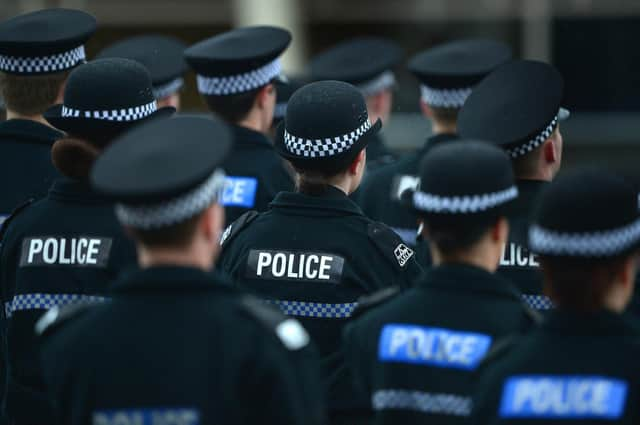Hate Crime Act: Concerns over free speech and police workload need to be taken seriously – Scotsman comment


When the Hate Crime and Public Order Act comes into force on April 1, the real-world effects of this new law will start to become clear. It is undoubtedly well-intentioned, but despite alterations to the original, deeply flawed Bill, concerns remain about its effect on freedom of speech.
Essentially, it creates a new offence of “stirring up hatred” against people over several protected characteristics, such as age, disability, religion, sexual orientation and gender identity. A similar offence in relation to race has existed for years.
Advertisement
Hide AdAdvertisement
Hide AdA Scottish Government awareness campaign was launched this week, with community safety minister Siobhian Brown, saying: “For those impacted by hatred and prejudice, the results can be traumatic and life-changing. While we respect everyone's right to freedom of expression, nobody in our society should live in fear or be made to feel like they don't belong, and the Scottish Government is committed to building safer communities that live free from hatred and prejudice.”
With online bullying, particularly of young people, a growing concern amid cases of children driven to suicide by social media abuse, this could be a step forward for society. However, a careful balance must be struck. Free speech is a fundamental right in a democracy, and sometimes people need to reveal their inner thoughts in order to be told why they are wrong.
Another concern centres on the extra demands that will be placed on Police Scotland, with Scottish Conservative justice spokesman Russell Findlay saying officers “have been pushed to breaking point by relentless SNP cuts”. The force’s controversial plan to stop investigating some “minor crimes” is a telling sign of how much pressure they are under.
Repeatedly adding to the burden of public services that are already on the brink of collapse risks disaster, so the practical effects of even perfectly good new laws and policy changes need to be considered carefully. A ‘gold-plated’ public service that only exists on paper is of little use to anyone.
So when this new law comes into force, politicians need to monitor its effects closely and be prepared, if necessary, to swallow their pride and revisit the issue.
